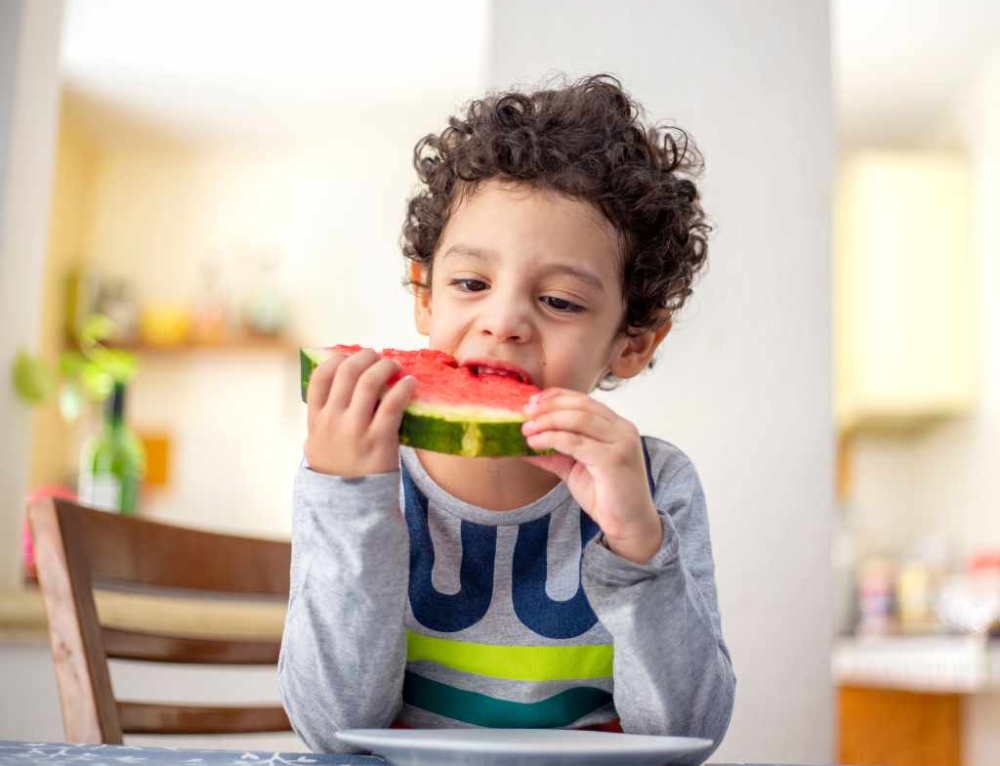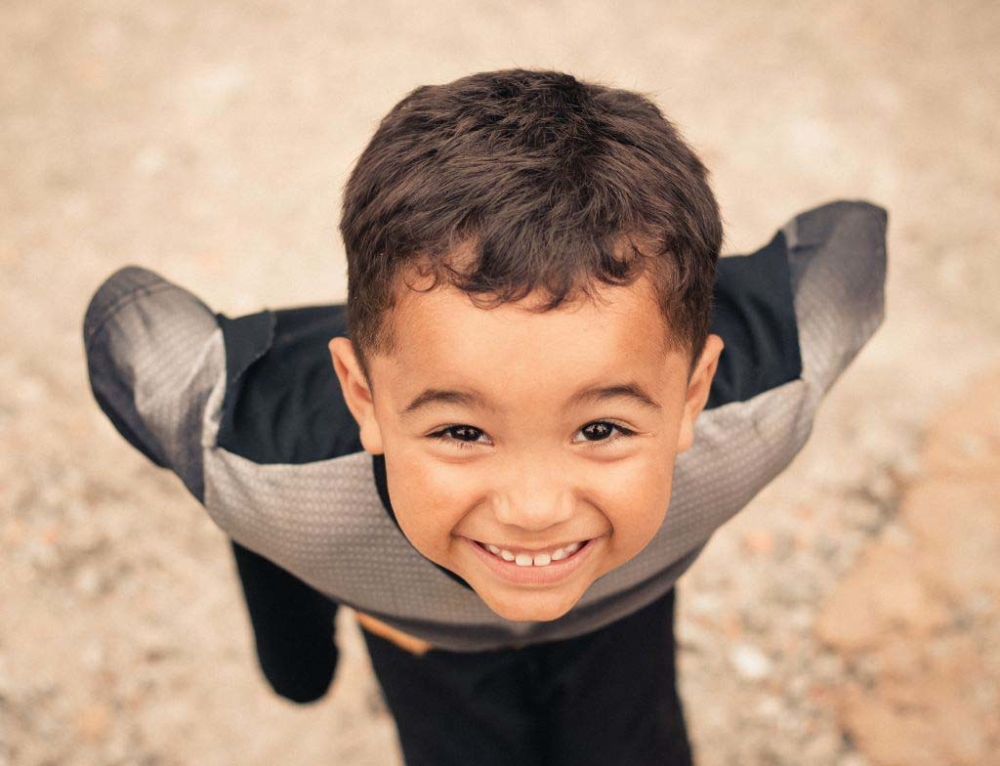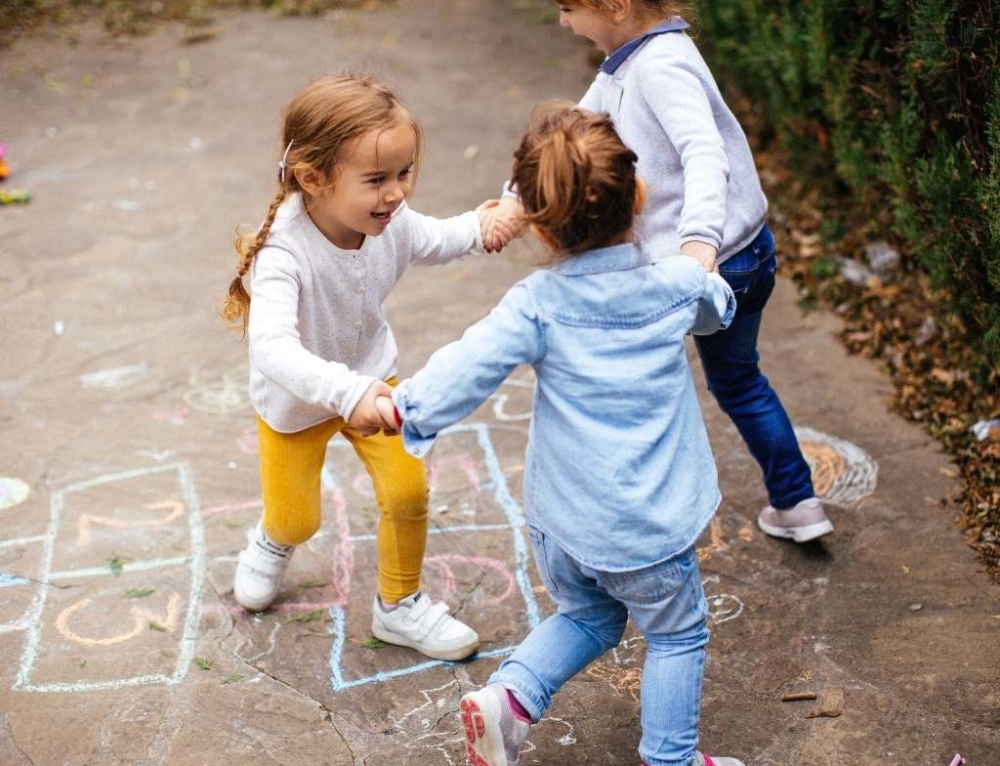Kids like routine. They thrive on knowing what happens when. But life doesn’t stay the same – people move houses, kids change schools, friends shift away or stop being friends, parents can separate and almost every year they’ll probably have to face a new teacher. Parents can play a vital role in helping their kids learn how to cope with change, arming them with valuable life skills along the way.
Coping strategies for change
According to a growing body of research, kids learn how to cope with change and ups and downs of life by developing resilience.
For years it was considered one of the inherent traits we were all born with but psychologists today now know that it’s one of the most important qualities parents can teach their kids (along with compassion).
And how do they learn it? Apparently by watching us. Studies have shown that children as young as two years old copy the coping, stress-management and thinking styles of the adults around them. And they can sense if parents are anxious or worried and will tend to mimic that.
Other studies have found that there is strong evidence that good early relationships with carers can help make children more resilient. And the earlier this resilience-building is started the better.
Reinforcing this “it starts at home” message, Andrew Fuller, consultant psychologist for The Resilience Foundation and author of Tricky Kids, says resilient parents raise resilient kids.
“When your child needs you to help them make sense of the changes that might be happening, that is not the time to confront your own inner demons,” he says.
“It’s a handy skill for parents to learn to hold their own anxieties in check.”
Fuller describes resilience as “the happy knack of being able to bungee jump through the pitfalls of life”.
Simple tips on helping kids to cope
- Give them a sense of being loved by their family and of belonging
- Encourage a diverse group of friends – both for them and the family as a whole
- Enjoy family rituals – like Sunday night dinner, or a weekend drive
Top 5 practical coping skills
Jill Savage, author of several parenting books and the executive director of Hearts at Home, a US organisation designed to help mums, has this advice for parents who want to help their children manage change:
- Be prepared to answer their myriad of questions – and create an environment in which they feel safe about asking you anything about the changes they’re facing. Asking questions helps them process change and the answers they receive from the people they trust most – that is mum and dad – will help them transition.
- Give them warning – like adults, no child will cope well with change being sprung on them. If you can, start talking through the changes early so they can get their head around it as well as formulate all those aforementioned questions.
- Stick to routines as much as possible – try not to change everything at once. If you have routines in place like bedtime rituals, the books you read even the TV shows you all watch, try to keep those in place where possible.
- Let them grieve – when any of us move, change schools, or make any kind of change in life, we leave something behind. Let your littlies talk about what they miss and don’t try to point out all of the wonderful things about new house, school, bedroom or whatever – let them appropriately mourn what they have lost.
- Be prepared to weather the change – many kids don’t adapt immediately and there may be tears and tantrums, followed by major parental guilt. Expect that it can take time for children to adjust.
This article was written by Fiona Baker for Kidspot, New Zealand’s best parenting resource.
Read more on Kidspot:







Leave A Comment
You must be logged in to post a comment.